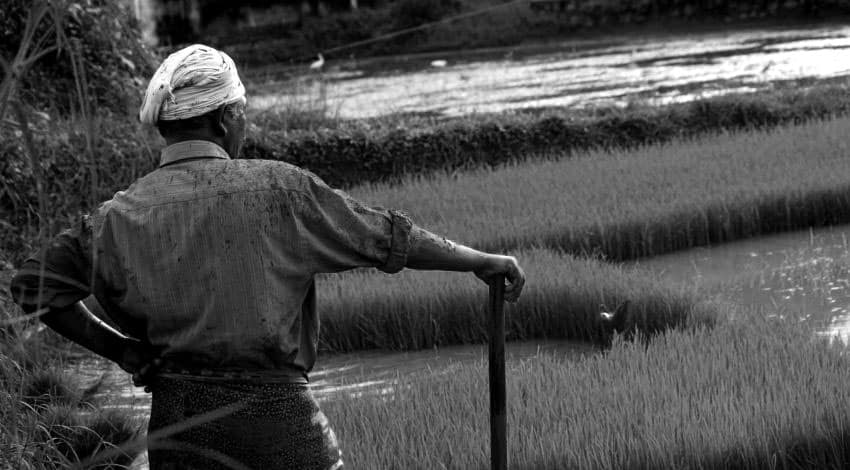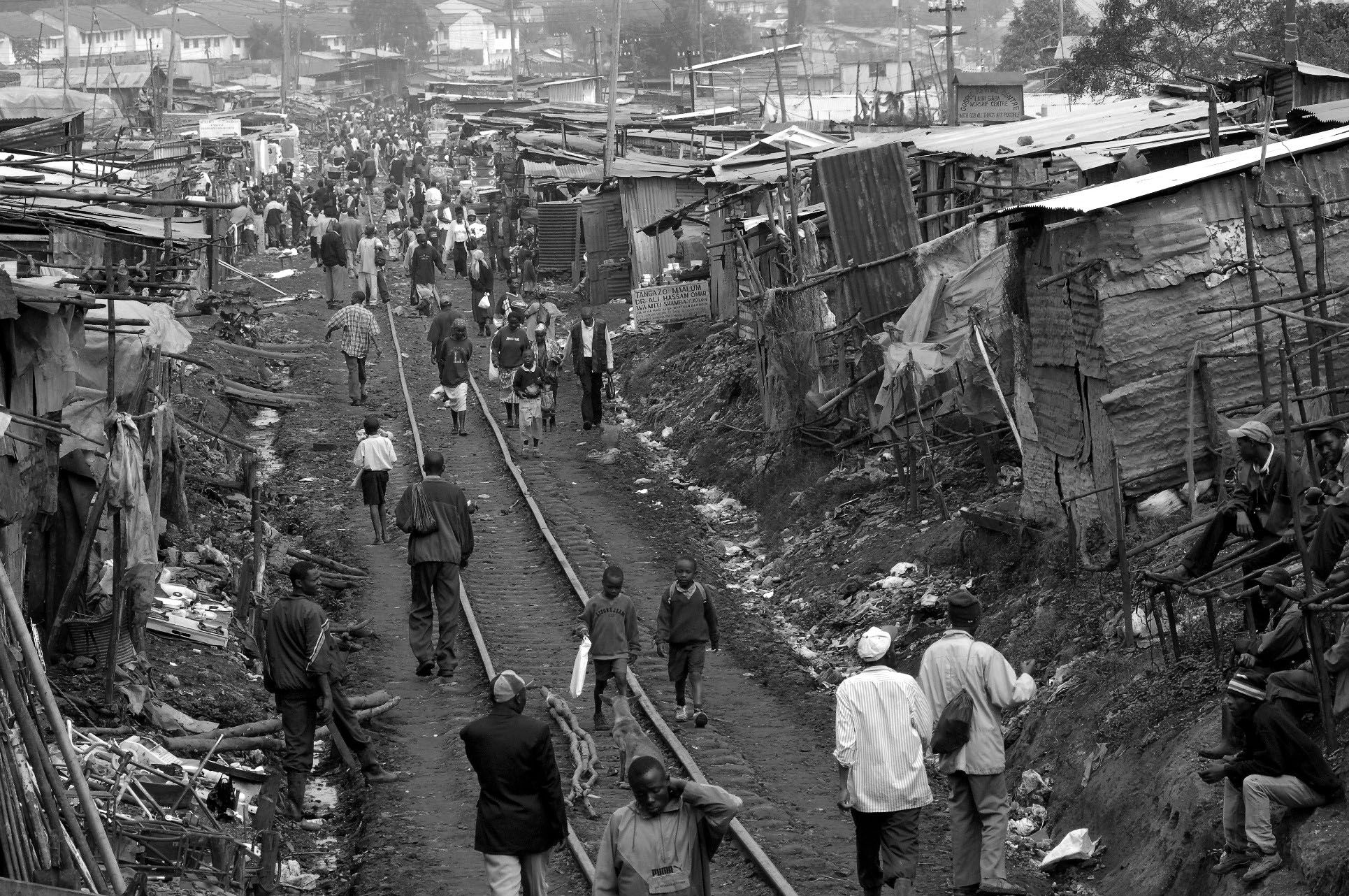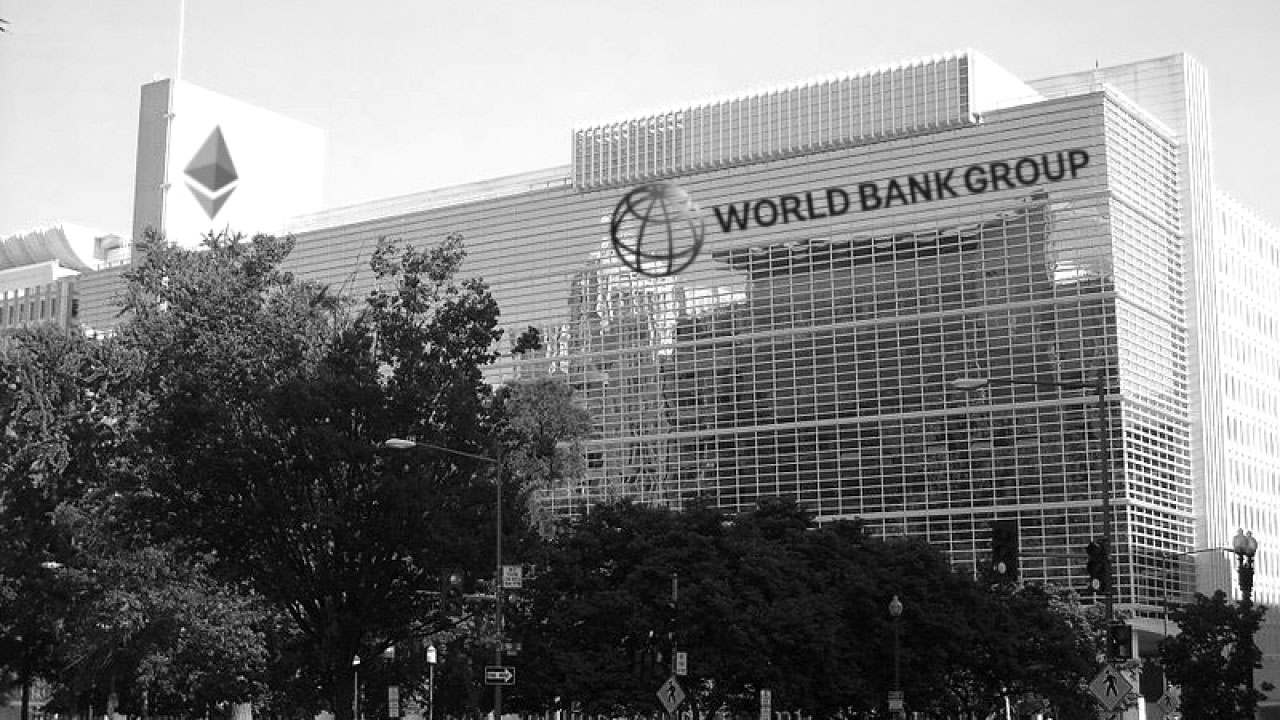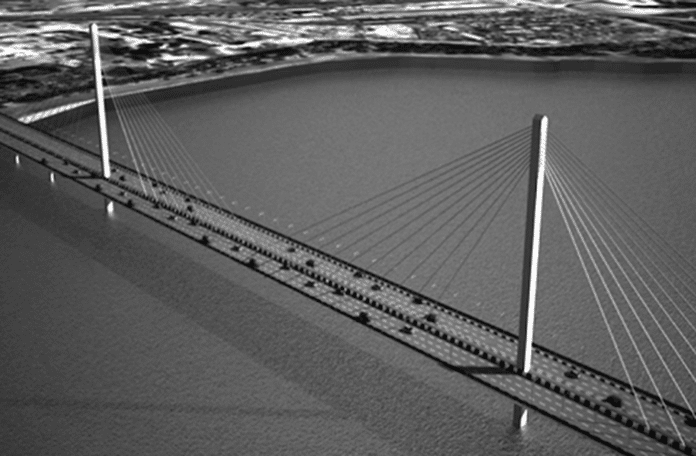Speech by Mwalimu Julius K. Nyerere at the United Nations General Assembly – New York on 7 June 1994
Challenges and Imperatives of Growth and Sustainable Development Goals – Putting People First
Dear Chairman and friends:
I would like to begin by thanking you as the President of the General Assembly, the Ambassador for inviting me to participate in this consultation on the proposed development agenda of the United Nations.
I am not an expert at anything: I am certainly not an expert on development issues. I am like a herald in the desert just saying that Development is people. People are the target, creators and beneficiaries of anything known as development. Furthermore, people cannot be developed by others; but they can develop themselves. But external forces can prevent them from developing themselves. Among those forces are wars and conflicts, and external forces, which can occur locally or abroad, and can be military or economic power.
Second, people are human beings and members of society, generally concerned about their well-being, except when they are struggling to survive, often choosing a balance between economic, social, cultural, political, or spiritual.
Essential Requirements
People still have basic needs: adequate food and water, shelter and clothing that are suitable to the climate and environment in which one lives; primary education and health needs. These are the basic human rights requirements. And this raises another basic need for human rights, a legitimate way to generate income.
The first responsibility of the government is to ensure that these basic needs are met for every citizen. But I want to emphasize that now this is the responsibility of the world because modern technology has connected people and all countries. We are not independent, but united, and the more a country or individual becomes technologically or economically powerful, the more or it impacts the lives of others and their rights.
The United Nations Development Agenda has to deal with that reality. It has to make sure that all the people in the world get what they need in life. And it must provide the basis for a plan that will enable it to achieve those goals. It has to be an action plan aimed at removing

barriers to human development, with particular emphasis on the barriers facing the poorest countries and the world at large, those who do not have the opportunity to truly enjoy human rights – the right to life in any form.
Basically the poor make up the majority of the world’s population. There is a need to remove such barriers in their development due to the external power environment against them which has the effect of limiting their ability to develop themselves on the basis of their wishes and systems of values.
Although they have a lack of power, people do have a better understanding of their interests and problems compared to those who are strong, and who use that power in finding their interests. Thus, the democracy of a country in the world is essential to a sustainable development of the people. People must have freedom and a system they can use to express their hopes and views peacefully without fear; officials must be held accountable for such expectations and opinions; and the government must be accountable on behalf of the citizens it serves at all levels. But these efforts in building democratic cultures within nations must be similar to efforts to build democratic cultures between nations.
For if people become the purpose and tool of sustainable development, the answers to development problems will not be easy and will not be provided by top management. Realistically, the response in a democratic country must include finding a balance between economic, social, and cultural needs. This equality will make it easier to access the context of growing resources, but in the end it will remain a valuable option regardless of whether the priority is focused or not on building equality or citizens’ freedom against rapid economic growth and the success of individual interests. The choice will also vary from country to country and from time to time. The choices to be made will vary according to the living standards in different countries and at different times.
Dear Chairman: There is one society in the world in the context that all human beings in the world live together on one planet and their integration is increasing. But it is also true that there is a small group of countries and people that is more developed, rich and powerful, and another group of countries and people facing various levels of development, and facing poverty, with insufficient power in the world or

completely powerless. In short, there is the North and there is the South; and most people in the world live in the South.
There are poor people in the North; these are few – often a small group. There are very rich people in the South; these everywhere are very few. In general the international picture for the majority is that the North is rich and prosperous, and the south is poor and is struggling to keep up. North and South look at development, its problems and its obstacles, from a different perspective.
United Nations Development Agenda
The United Nations Development Agenda must recognize this reality, of the divisions between North and South. It does not have to work on the negative consequences of this division. As the South Commission (South Center) said – “If all human beings were one nation, this North-South division would make the rupture inevitable, a half-ownership institution, a division based on internal conflicts. Its small part has developed, prospered, strong; and its large area is undeveloped, poor, powerless. A nation divided internally and recognized as an unstable nation. A divided world does not have to be identified as an unstable world.
The United Nations Development Agenda must find a way to eliminate inequality between North and South, and in my view this must be based on two principles.
One, the United Nations Development Agenda must be a step-by-step plan to end global poverty. It should relay the following the message “Us, as people of the universe, have came to a decision of saving the next generations from the challenges of wars, poverty, underdevelopment, we abide to act on this plan”. It should not be said – “We, the world’s banks, are determined to get the highest benefit from the world’s poor, …”
Two, in that context following the above requirements, the UN agenda should provide appropriate direction for the global development policy. Each country has to recognize its own policy of personal equality in accordance with its needs, its systems, its level of development, its history and its cultural heritage.
Obstacle of Prioritizing People as First
Developing a United Nations Development Agenda based on these two principles above will help promote the rights of every country – no matter how poor or weak – to realize its policies based on the needs of its historical, cultural, and real experience. But the claim of national equality does not mean that equality is recognized in practice.
If the non ambiguous development agenda of the United Nations adopts the two principles, fundamental changes in today’s world leadership plans are essential before they become the basis for implementation – and not just a political document aimed at demonstrating accuracy to the public.
At present, economic reality, democracy and military power, combined with open or hidden financial or trade conditions, significantly restrict the freedom of poor countries to decide their own development-related policies.
For example, at the General Assembly of the United Nations, all participating nations are equal in the right to vote; but I do not believe that my country alone is the only one that has been warned by one or some of the powerful nations about the economic and political repercussions it will face if its Permanent Representative voted inconsistently with the wishes of the Great Nation. Such pressures have not ceased even after the end of the Cold War, on the other hand, they can spread even to countries that currently consider themselves in transition.
In any case, the targeted agenda may not work well due to the conditions in which each member state seeks to obtain a loan from the International Monetary Fund, borrow from the World Bank, or negotiate a debt restructuring or payment schedule, do business with a developed country at the maximum level, or self-defending against a one-sided or multiple economic sanctions.
If we, the people of the world, agree with the Development Agenda for Human Development, the key resources for achieving sustainable development must not continue to depend on charity, moreover the nation must not accept the condition of independence in exchange for these natural resources. In a nation, the development agenda is and is expected to be funded primarily through taxes, and not by voluntary contributions from the citizens of the country concerned. Aid if it has or does not have the criteria to hurt people, should not be considered as an appropriate method used as a source of developmental resources. The provision of these resources should not be recognized as a direct right when the country pursues a development agenda. At the same time, trade and investment plans need to be free from the current conditions imposed by international financial institutions and sometimes by mutual donors. If the global development agenda really makes sense in its implementation, it does not have to be funded by an international organization that is compatible with the country’s tax code – a legitimate legal requirement to transfer resources for the implementation of development according to a timely schedule.
Terms
Currently, developing countries that take their role seriously in directing people to sustainable development activities find themselves confronted with the basis of “take it or leave it” from the use of force in the form of an ideological system of principles and conditions associated with politics and judgment rather than economics. In recent years, especially since the end of the Cold War, there has been an

increase in the political and ideological conditions that come with loans offered by International Financial Institutions. For poor countries they are forced to follow and use the Structural Adjustment Package (SAP) prepared by the International Monetary Fund (IMF) otherwise they will be deprived of capital.
Also, one of the issues that needs to be addressed in any agenda that is needed to bring about efficiency and significant steps in development, is to bring the IMF and the World Bank under the keen eyes of the UN. If the leadership of these major institutions continues to rely on the principles of the One State – One Vote, developing countries will not be able to prioritize its people in its development plans.
In addition, the United Nations also needs to be more democratic. The strength of the General Assembly’s security council, and ECOSOC, needs to be reconsidered, with ECOSOC having to be restored to its original purpose as a UN unit that brings international relations into the economy and society under UN strategic leadership. It is strange when the United Nations preaches democracy against its members when itself is in conflict with its obligations that are usually in favor of the most powerful nations in the North, which may or can take over control financial institutions and international trade.
The United Nations Development Agenda must be a global agenda. The responsibilities of the North as well as the countries of the South need to be clarified in different areas of implementation; because as wealth brings power that continues to make a huge difference in the world in terms of equality, powerful countries will need SAP the same way as poorest countries. It is true that Structural Adjustment Package (SAP) can have more positive results in the North than in the South as it has been illustrated. The human development agenda that has ignored the power of developed nations, and the use of that power by those nations, cannot produce the expected results; I find that the increase in peace, justice, and freedom in the whole world, North and South and the sincere struggle against poverty and the current lack of development are at odds with those nations.
Dear Chairman and Friends; thank you once again for giving me the opportunity to express my thoughts in front of you.
Other Related Information
Millennium development goals in Tanzania PDF
For more Nyerere speeches click here!

































